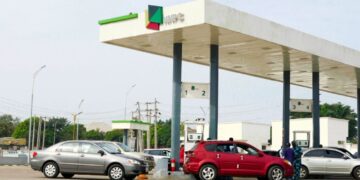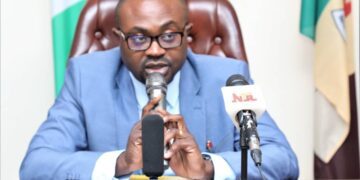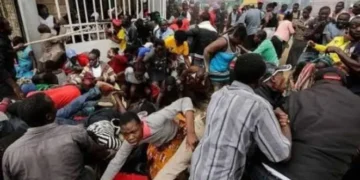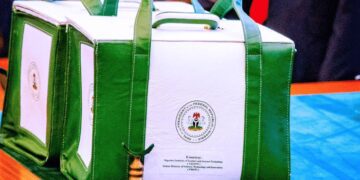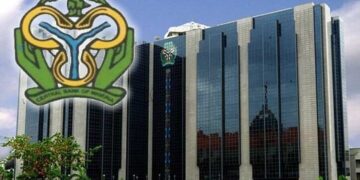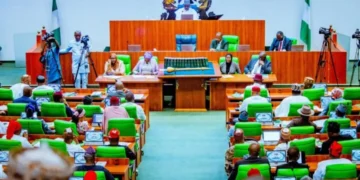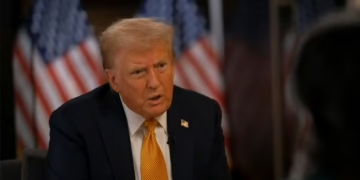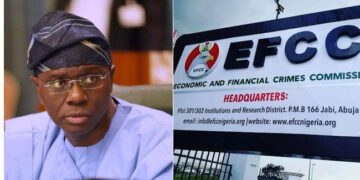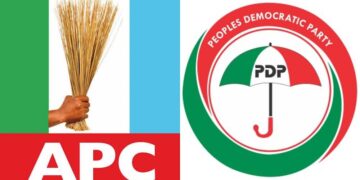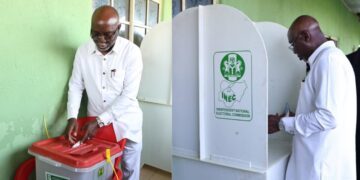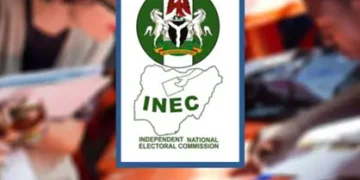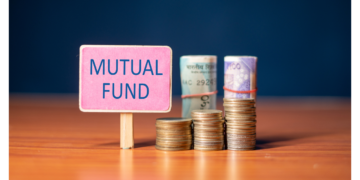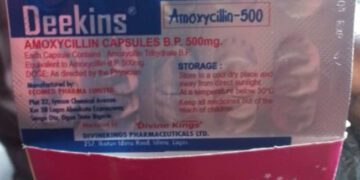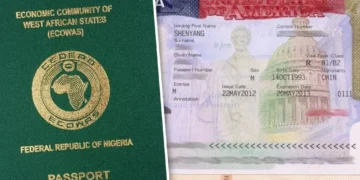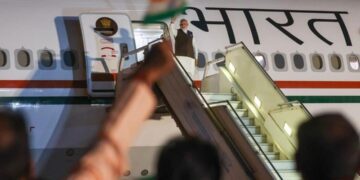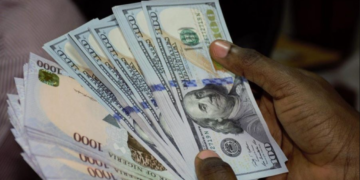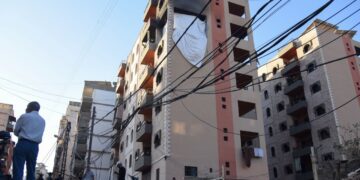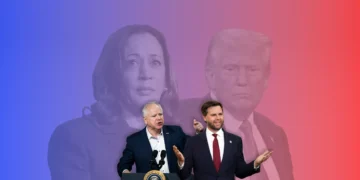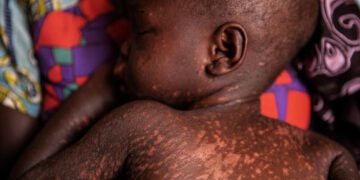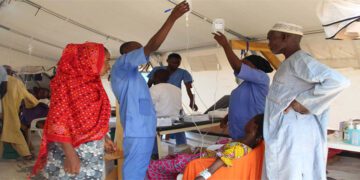Many Nigerians heaved a sigh of relief after learning that the Central Bank of Nigeria (CBN) has extended the deadline for swapping old naira notes with the redesigned ones to February.
The apex bank had earlier fixed the January 31 deadline for the cessation of the old N200, N500 and N1,000 bills as legal tender in Nigeria but, on Sunday, announced a new deadline of February 10, with an additional seven days grace period for deposits.
The announcement was made by Godwin Emefiele, CBN governor, after a closed-door meeting with President Muhammadu Buhari in Daura, Katsina State, on Sunday.
In separate interviews with some residents and traders on Sunday in Abakaliki, they applauded the decision to extend the deadline, describing it as a great relief to Nigerians, especially ordinary citizens.
Mary Mbam, a trader, who deals in foodstuffs, urged the CBN to step up plans to make the new currencies available.
“The decision is a welcome development; I feel like climbing the mountain top. These whole processes have crippled a lot of businesses because of the scarcity of the new naira notes, which is still in limited circulation.
“My business has been slowed down since I stopped collecting the old naira notes,” Ms Mbam said.
Charles Mkpuma, a provision shop owner, said the extension is a big relief to traders and citizens, calling on the commercial banks to stop hoarding the new notes.
Jonathan Okechukwu, a teacher, said he had not seen the redesigned N1,000 since the new policy started, urging both the apex and commercial banks to leverage the extension to devise strategies to make the new currencies available in the market.
“Most shops in my street have stopped collecting the old currencies, and such action is crippling their businesses. We need the federal government’s intervention in ensuring that these currencies are fully in circulation before February 10,” he added.
The federal government said the redesigned naira notes launched in November by Mr Buhari but officially came into circulation on December 15 aimed at checking counterfeit and other forms of financial corruption.
(NAN)
















